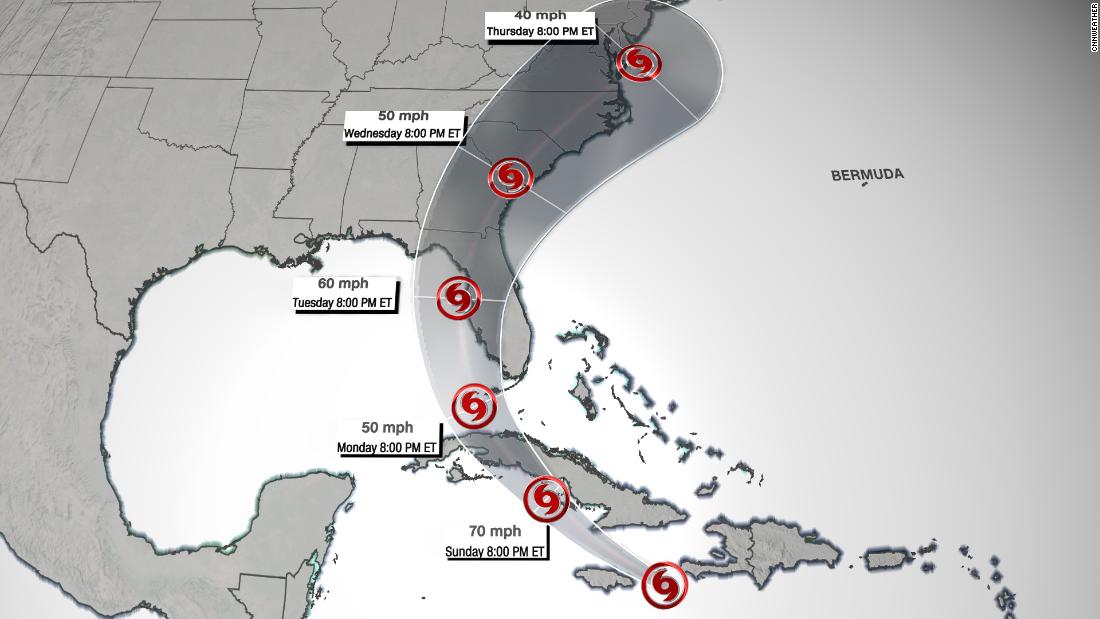
Back where it started: “Do Not Track” removed from Firefox after 13 years
It might not ever be fully dead, but Firefox calling it quits on Do Not Track (DNT) is a strong indication that an idealistic movement born more than 13 years ago has truly reached the end of its viable life.
The Windows Report tech news site spotted that Firefox has removed the option to "Send websites a 'Do Not Track' request" as of version 135, already visible in Nightly builds. Users checking the Website Privacy Preference section will soon see a linked notice that Firefox will no longer support the signal. Firefox's support page for Do Not Track notes that "Many sites do not respect this indication of a person's privacy preferences, and, in some cases, it can reduce privacy."
Google Chrome and Microsoft Edge (based in part on Chrome's open source origin, Chromium) still offer a Do Not Track option, but they are just as ineffective. Global Privacy Control has largely superseded Do Not Track as a supported—and, in some places, legislated—means of signaling a desire not to be tracked.
The Federal Trade Commission issued a report in 2010 on "Protecting Consumer Privacy in an Era of Rapid Change." In it, the FTC built on the ideas of researchers Christopher Soghoian and Sid Stamm, the former of which would go on to work at the FTC itself. The report latched onto the popularity (at the time) of the Do Not Call registry, asking for a similar "browser-based mechanism through which consumers could make persistent choices." The issue, then and now, was the ability of advertisers to track the behavior of browser users from site to site to develop profiles of their behavior, making them richer targets for advertising.


























